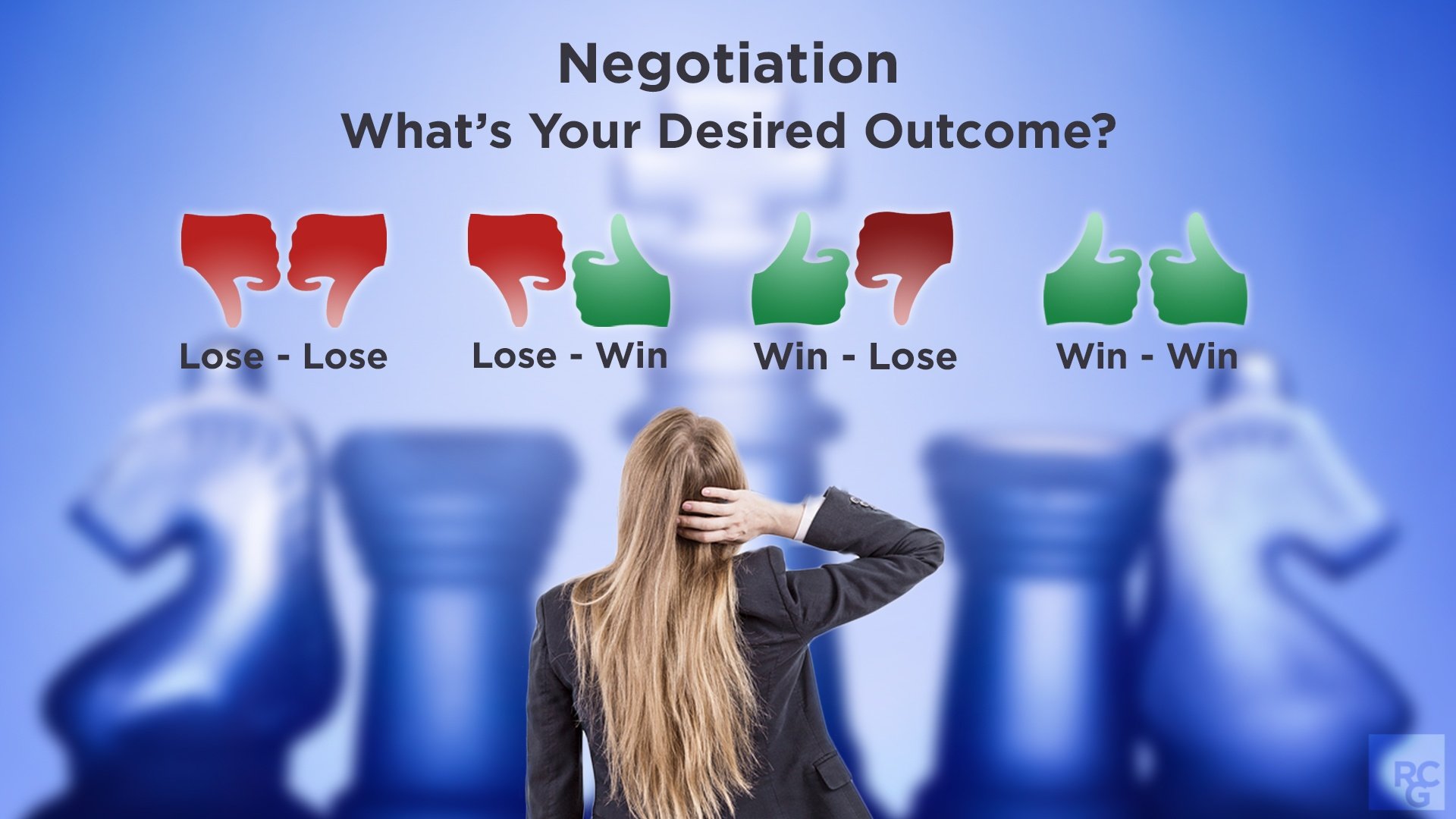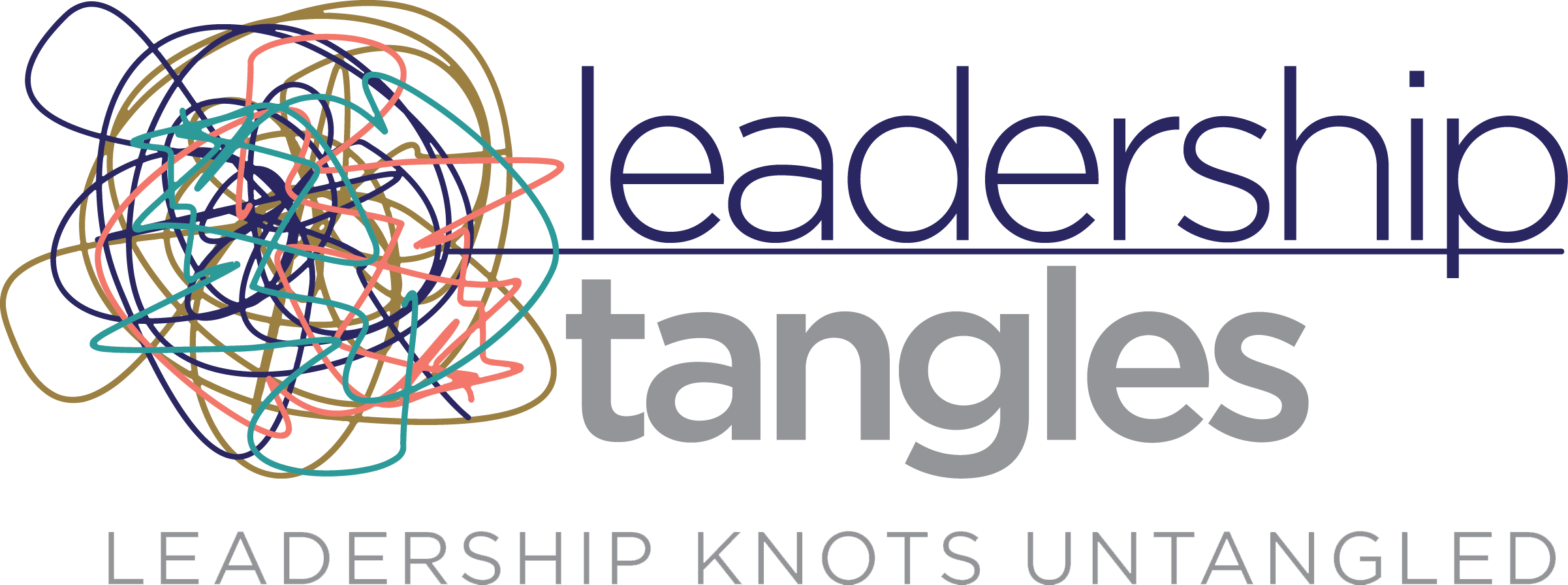
There has been a lot in the public press flouting the negotiation skills of a certain elected leader. We have observed public bullying, insults, and threats masquerading as “good” negotiation ploys. The results of these ploys have not, as far as I can tell, yielded any measurable good deals.
These observations got me thinking. Several years ago, I worked for Wilson Learning, a global human resource development firm. One of our flagship products was a course called “Negotiating to Yes.” It was based on Roger Fisher and William Ury’s bestselling book, Getting to Yes. I was certified to teach this course, which I did several times. When I became a National Account Executive, I was lucky to work with the person in charge of negotiating multi-million dollar contracts with a major high tech semiconductor company. A colleague of mine was instrumental in customizing a whole process for this company and taught many of the courses herself.
Fisher and Ury’s negotiation methodology was based on their work at the Harvard Negotiation project. Their methodology relies on extensive preparation before any negotiation. This preparation includes thinking through potential people issues (how people might react and how tensions can be eased), each side’s unique interests underlying their positions, various options, back-up plans if the negotiation fails, and what each side aspires to and yet can live with. The process is elegant, professional, and works when followed. Underlying this process is a respect for others, and a fair and principled process.
In the work with my client, a customized course was rolled out globally to all individuals in this company that were involved in negotiation. Prior to the real annual negotiations with customers, the head of contracts gathered the negotiation teams, reviewed concepts, and role played. Everyone was prepared to achieve win-win results.
Prior to going through this process, this semiconductor company had the reputation of being dirty tricksters and “animals.” After the first couple of years of annual contract negotiations, annual contracts increased 2-25%. The margins for these contracts increased 12%. The company’s revenue increase was measured in the millions of dollars.
The negotiation costs also decreased. Prior to going through the training process the company needed a cast of 16 to 18 people to negotiate with customers. These costs were in the tens of thousands of dollars. Once the process solidified, the number of negotiators needed dropped first by one-half and then by one-fourth. Costs reduced accordingly.
Not only did revenue and margins increase, and costs decrease, the company’s reputation soared. By relying on a win-win, principled process, good deals were made for both the company and the customers. The company’s strong leadership worked even when dealing with “dirty tricksters” who tried to wear them down.
This is just once case with impressive results. Based on this one extensive case, though, and anecdotal evidence I have accumulated over the years, I can confidently state that strong leaders don’t need to bully, insult, and taunt others in order to extract a good deal. This behavior results in a win-lose proposition—I win and you lose. And, based in what we now know from results in neuroscience labs around the world, bullying behavior triggers our amygdalas, which in turn shuts down our prefrontal cortex. Our logical, creative thinking occurs when we are not feeling threatened.
I strongly recommend Wilson Learning’s course and Getting to Yes if you want to learn more.




